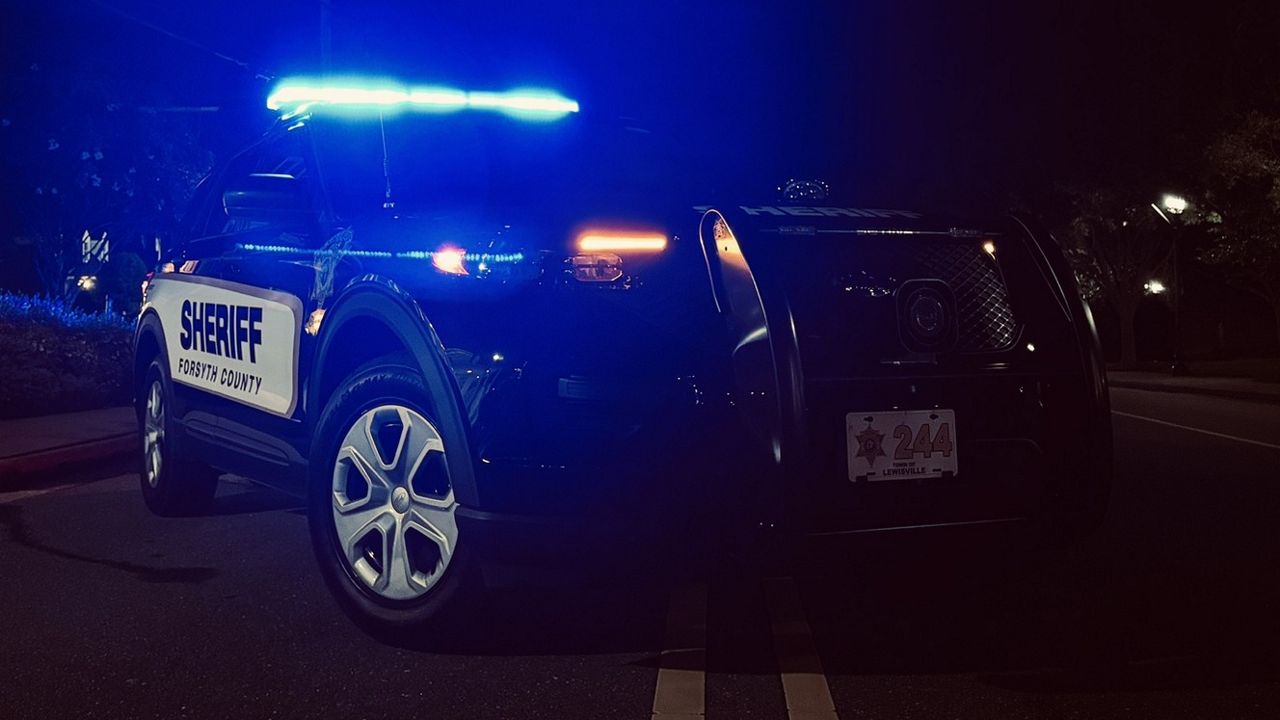WINSTON-SALEM, N.C. -- Without the bus, Jayln Goodman couldn't get to his job at The Shoe Department.
He doesn't have access to a car. Goodman, 19, has to start his day hours before his shift to catch the #87 bus at the city's Transportation Center.
"I get up two or three hours earlier than my shift would actually start," he says.
For him, the bus is not only his only means of getting around, but his only means of improving his quality of life.
"Well at this point, pretty vital considering the fact that if I didn't have this job, wouldn't be able to afford rent for the place I stay at. On top of that, struggling to try and save money so I can go back to college in the fall," he adds.
Economists say his story is an example of how public transit can affect a person's upward mobility in today's world.
"The problem is if you're trying to go up the economic ladder, and reach the American Dream...those bottom rungs can be cut off for a lot of folks who can't afford a car in this city. And the problem is when you try to ride a bus, you're going to be limited by the number of jobs that you have available to you, the promotions you can get," says Professor Craig Richardson of Winston-Salem State University.
He and the Center for the Study of Economic Mobility produced a documentary highlighting the issue. Richardson says African-Americans in the city's poorest area are the hardest hit.
"Certainly it's true that African-Americans are in large part using the bus system more," he says.
He calls on companies to do more to help out employees get to and from work.
"This is not about charity. This is about having greater loyalty for your workforce, less turnover, means more profits for you," he adds.
Goodman also calls on city leaders to invest more in public transit.










